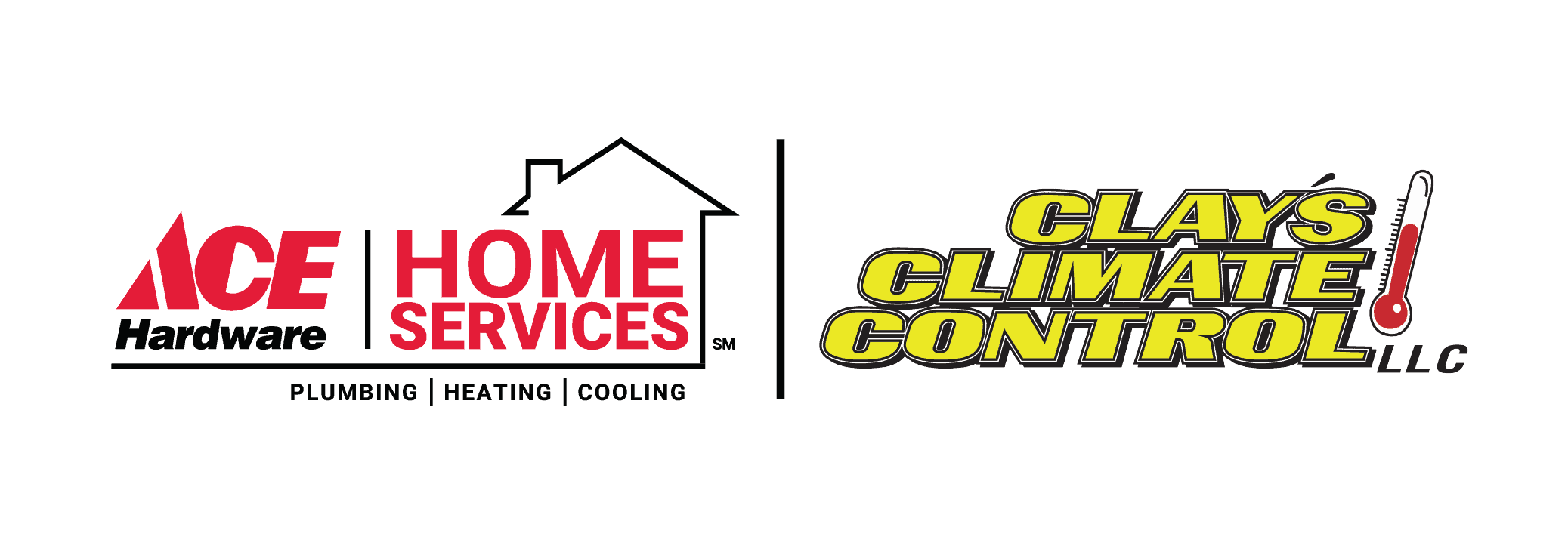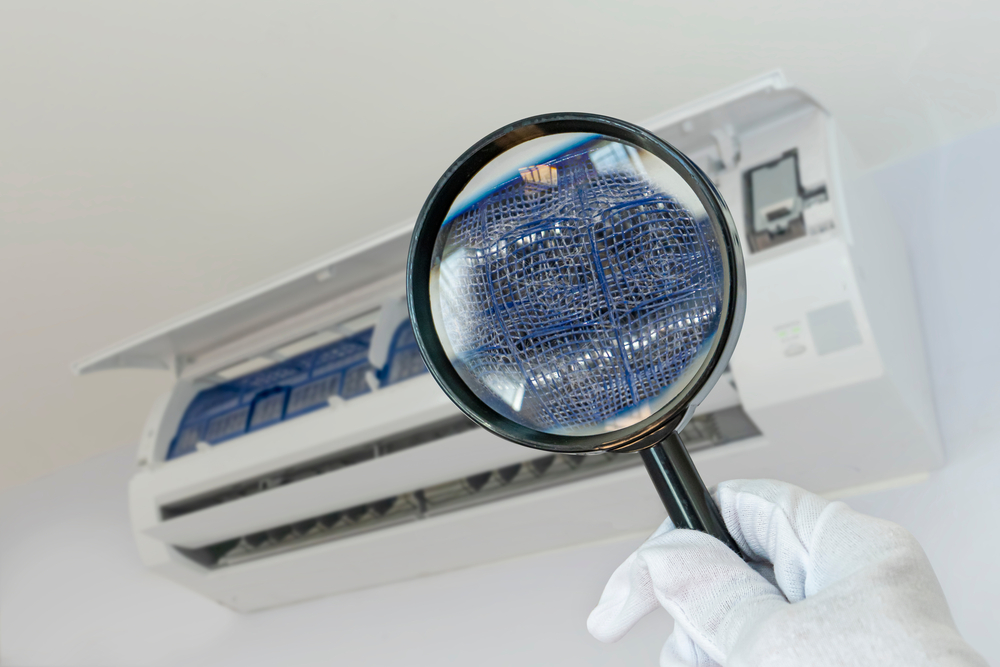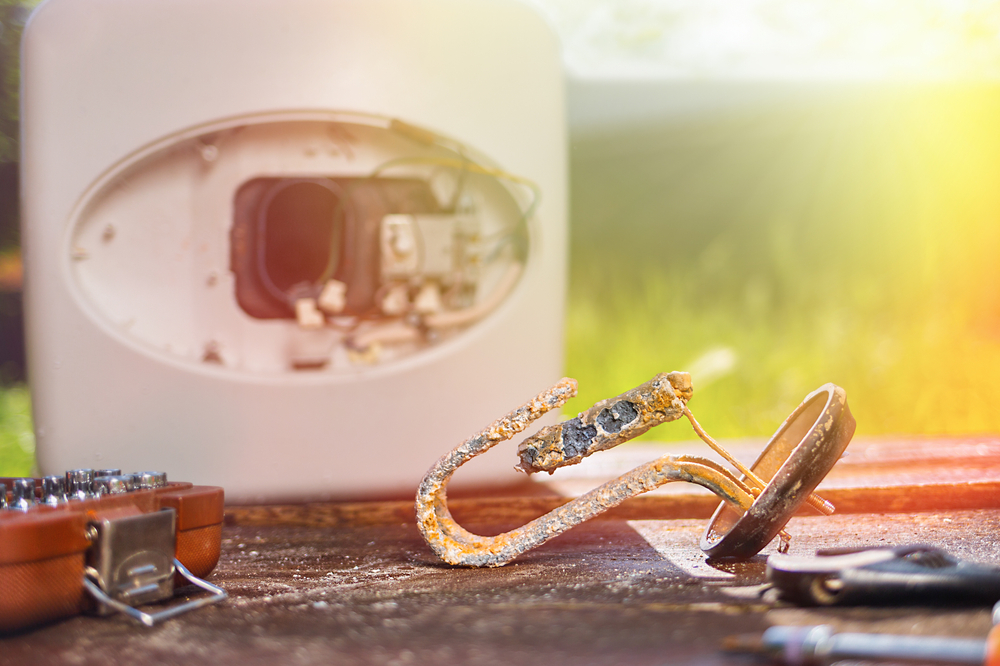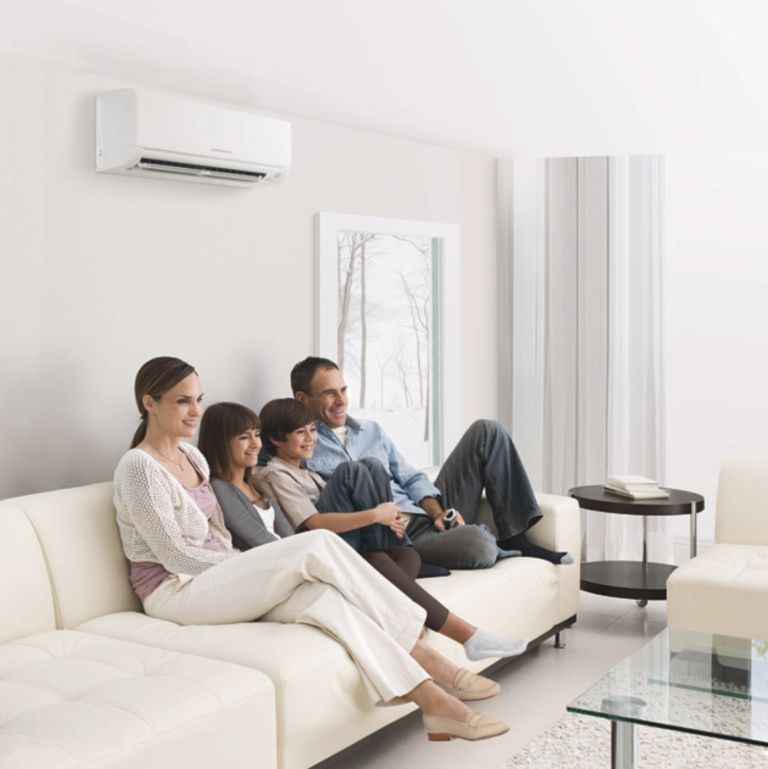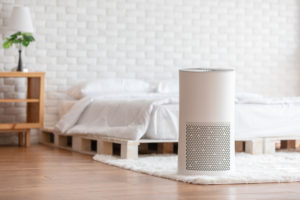
Winter: it is the most wonderful time of the year for holiday celebrations, peaceful snow days, and cozy nights by the fireplace. However, winter is also the season with the driest air and harshest weather conditions. As much as we think we are protecting ourselves from the dry air by staying indoors, our home humidity levels drop as well. One of the best and easiest ways to improve air quality and restore comfortable humidity levels in your home is to use humidifiers during the winter. Below, we’re breaking down the many reasons why using a humidifier in the winter can be beneficial for you, your family, and your home.
Maximum Winter Comfort
Not only do home humidity levels drop because of the dry air outside, but also because of the very thing that keeps us warm in the winter – furnaces. The heat that furnaces produce is very dry, and when your home is dry, it makes it harder for a space to hold heat properly. To avoid feeling uncomfortable from both dry air and cold home, keep a humidifier running throughout the winter season. The added humidity from the humidifier will help you feel more comfortable and allow your furnace to run smarter, not harder.
Maintains Your Humidity and Health
There is nothing worse than having dry skin and a stuffy nose all winter long. For many, getting the annual winter cold is to be expected. If you want to break the chain of irritation and sickness this winter, then make a humidifier your new best friend. Having comfortable humidity levels in your home can help you maintain several aspects of your health during the colder months: skin irritation relief, clear nasal passages and airways, and a decreased chance of catching a common cold and even the flu.
Prevents Damage to Your Home
If being comfortable and maintaining your health weren’t reason enough to purchase a humidifier, preventing damage to your home might be the reason you change your mind. Dry winter air can cause damage to your wood furniture, crown molding, flooring, and wood doors. Over time, your beloved furniture and decor can begin to crack due to low levels of humidity. The damage caused by dry air can be long-term and eventually lead to high repair or replacement costs. If you would like to preserve your home and the things inside, turn to a humidifier when the temperatures begin to drop!
Fight Dry Winter Air With Clay’s Climate Control
A humidifier is a useful tool for any season, but it is essential to staying comfortable and healthy during the cold winter months. Clay’s Climate Control is your go-to provider for the latest and greatest humidifiers for winter. Our team of HVAC experts will gladly install your new humidifier and set you up for your most comfortable winter yet! Take a step in the right direction towards improving air quality and your family’s health. Call Clay’s Climate Control today!
